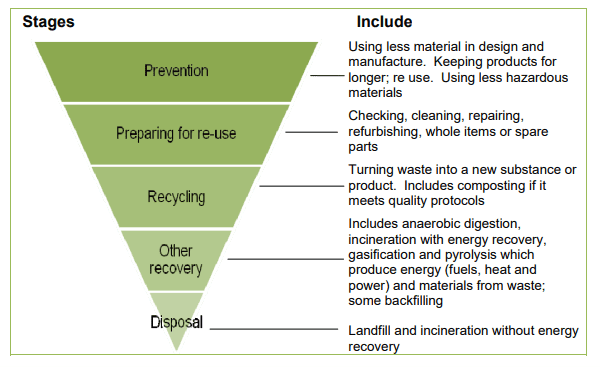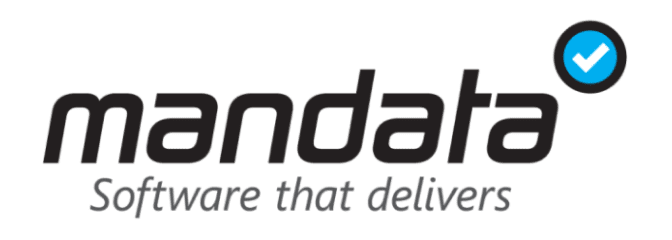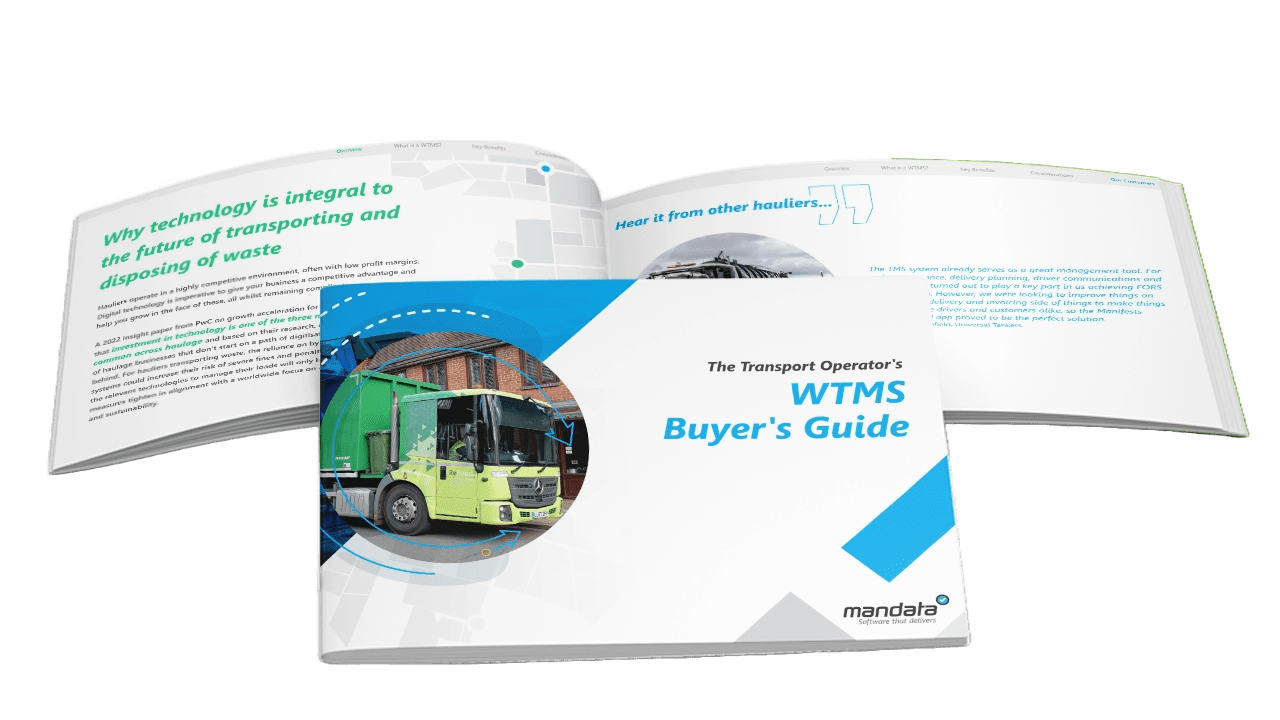The introduction of mandatory waste tracking legislation in 2025
In a bid to enhance environmental sustainability and promote responsible waste management practices, the United Kingdom is set to implement digital waste tracking regulations in April 2025. This initiative aims to improve the way waste is monitored and managed, bringing about significant changes for waste operators across the country, and improving visibility through the waste management process.
In this article, we will explore the new rules and regulations, their implications for waste operators, the benefits they bring, and the role of software systems in facilitating these changes.
What are the changes?
These changes, headed up by the Department for Environment, Food and Rural Affairs (DEFRA) include rolling out a universal waste tracking system and digitising the responsibility trail throughout every step of the waste process. The new requirements will necessitate tracking from the place where the waste was first produced right to where it ends up, aiming to enhance transparency, reduce environmental impact, and promote responsible waste disposal practices.
Some exceptions to these new changes include the handling of:
- Domestic household waste
- Household waste recycling hubs and centres
- Litter collection and incidental waste
- Any collected waste samples used for testing and analysis
- ‘Incidental waste’ – basically waste that is moved by contractors who are not providing a specific waste management service, such as wood chippings from building merchants on private property
What will this scheme cost?
According to DEFRA’s website, information as of November 2023 is that ‘The service charge will be an annual flat fee in the region of approximately £20 per year’. It is unclear yet whether this refers to the business, depot or user – please monitor the DEFRA website for further updates.
What benefits do these regulatory changes bring?
One primary benefit lies in enhancing and tightening the regulation of waste management. The initiative significantly enhances the visibility provided throughout the waste management process, helping to prioritise focus on regulatory activities, and contributing towards a proactive stance against waste-related crimes.
DEFRA says its aim is to, “reduce the ability for waste criminals to operate and undercut legitimate businesses through their systemic mishandling of waste, illegal exports, and fly tipping”. This includes tackling issues such as deliberate misclassification of waste, illegal waste exports, and the operation of unauthorised waste sites. Consequently, it acts as a deterrent to unlawful practices and contributes to the creation of a fairer future landscape for legitimate waste operators.
Another significant benefit is the promotion of a more circular economy. By amalgamating and digitising currently fragmented systems, it supports operators with greater visibility over all waste processed. This can help businesses establish a circular economy by repurposing materials before it becomes unusable, whilst cutting down on waste volumes and reducing waste’s environmental impact.

DEFRA have provided a “waste hierarchy” classification system, which ranks waste management processes according to what is best for the environment. The digital waste tracking initiative prioritises waste prevention, followed by preparation for re-use, recycling, recovery, and, as a last resort, disposal. This hierarchical approach aligns with a circular economy, emphasising sustainable practices and minimising the environmental impact through responsible waste handling practices.
How can waste transport businesses prepare?
The transition to digitisation is inevitable, and operators will need to adapt to this new standard of waste processing. Although the changes aren’t implemented until 2025, the system is being introduced on a voluntary basis during 2024. To avoid being left behind, operators can start to implement digital processes in preparation for the adjustment.
With the regulations demanding more accurate and timely reporting of waste movements, a TMS for waste operators can help to automate this information, providing greater visibility and efficiency. Using Mandata, operators can also provide their drivers with an app to capture waste transfer notes digitally. These notes are instantly sent and stored within the Mandata system, saving on document processing time, including document scanning.
As the regulatory reforms are still some way off, operators should monitor any changes that occur, in order to be best prepared for the changes once they arrive. It might be worth checking in with those businesses opting for the voluntary sign up in 2024 to hear about their experience with the tracking changes for more preparation.
In conclusion
The impending digital waste tracking regulations set for 2025 mark a significant milestone in the UK’s commitment to sustainable waste management. While waste operators may face initial challenges in adapting to the digital shift, the long-term benefits in terms of environmental protection, regulatory compliance, and operational efficiency are substantial. Leveraging TMS software will be key for waste operators looking to adapt to and navigate these changes successfully, whilst- contributing to a greener, safer and more sustainable future.
Read more: Mandata WTMS Waste Buyer’s Guide

